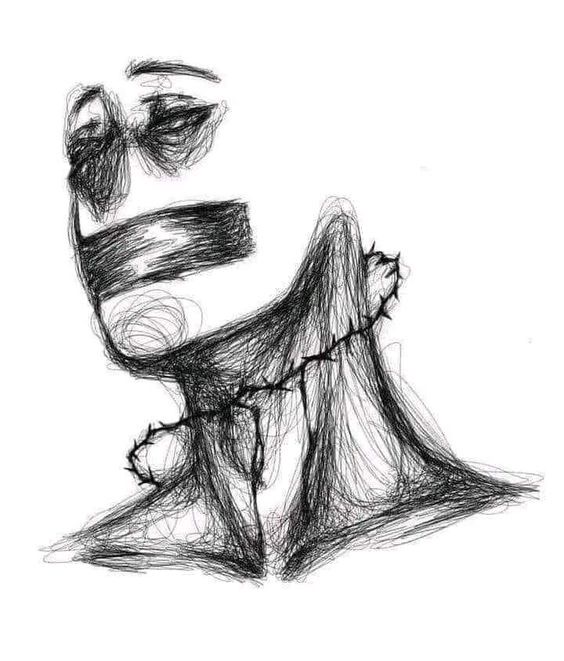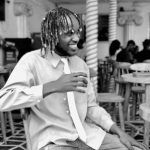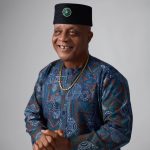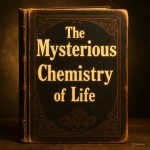Early this year, I walked into a church. After years of wrestling with questions of meaning, I thought salvation might be a new beginning. For a moment, it was: the hymns lifted me, the rituals felt like home, and I believed I had added something higher, stronger, almost divine, onto myself. I thought I had gained a power.
But power is tricky. It disguises itself.
One Wednesday, as I sat in that same church, the sermon turned to Jezebel. The apostle’s voice thundered, not to liberate, but to discipline. He warned married women about the dangers of sulking, reminded them that “even maids can give birth,” and pressed harder until the weight of shame fell only on the shoulders of women. In that moment, something inside me cracked.
I realized the Bible was not being read to free us, but to control us. I saw how the sacred text was being bent to fit a one-sided narrative, how scripture had become a tool to justify patriarchy, to silence the vulnerable, to gaslight the women. And suddenly, salvation no longer felt like freedom, it felt like a trade, like I had given up my entire thought structure in exchange for a prison dressed as deliverance.
So I thought to myself: (I have always been cautious, always alert to the tricks of gendered privilege) so why was I here, watching a man twist the Bible into a weapon against women’s dignity? Was this salvation… or another prison?
That night, the questions hunted me. And I began to see the pattern, of how religion, as we inherited it, was never meant to free us. It was designed to fold us, to bend us, to make us kneel twice. Once to God, and once more to the empire that smuggled Him in.
Religion, as we inherited it, was not born here. It arrived on ships, alongside chains and rifles, with missionaries who taught us to close our eyes in prayer while our land was being stolen. It taught us to distrust our drums, to burn our shrines, to call our ancestors heathens, to bury our wisdom. It convinced us to trade memory for myth, identity for obedience, resistance for silence. It made us prisoners, trapped in a theology that insists we can only know God best through the eyes of another history, another culture.
The more I sought ancestral knowledge, the more I realized that what was stolen was not just land, but our right to imagine the divine for ourselves. Colonialism did not just conquer our bodies, it colonized our spirits. Imperialism did not just redraw our borders, it redrew our gods. And until we unchain our faith from the gospel of a white empire, we will keep mistaking the prison for the altar.
Because how can we claim to be free if our faith is scripted by the very empire that shackled our ancestors? How can we bow to a gospel that justifies patriarchy with parables and calls it divine? How? Can we believe in a deliverance that erases the divine power that was already alive in us, to replace it with another that does not acknowledge or accept us.
Have you read the Bible? Have you noticed how none of the books are named after us? What better way is there to expose exclusion than that? What clearer sign do we need, to accept that we African people are spiritually bound and represented in a different way than that of the biblical?
I went to church searching for freedom. Instead, I found a mirror of history, history preaching at me, telling women to submit with numbness, telling men to command with inconsideration, telling me to forget how my mother raised me. But I remember the God I have been looking for. That God is not a patriarch The God I seek is the one my ancestors knew, the one who speaks in drumbeats, in rivers, in fire.
This is not a rebellion against those who choose that path. It is me sharing my eventual understanding of spirit and body. Because I walked into what I was told was the highest choice a person could ever make for their soul… and I discovered that my spirit was never foreign, my God was never imported, and my body was never made to kneel beneath another man’s design.
Funnily, during this process I have ended up reading the Bible a lot more. And more oftenly, I am hit with multiple realizations of how foreign the knowledge in there, however brilliant, is to me.
With all that said, I remain with only a trinity of questions to ask whomever it concerns to answer;
1: If salvation erases memory, can it ever be called freedom?
2: When will we dare to ask if deliverance means returning, not departing?
3: If our ancestors’ gods were truly small and weak, why did colonizers fear them enough to burn them?
This post was created with our nice and easy submission form. Create your post!






